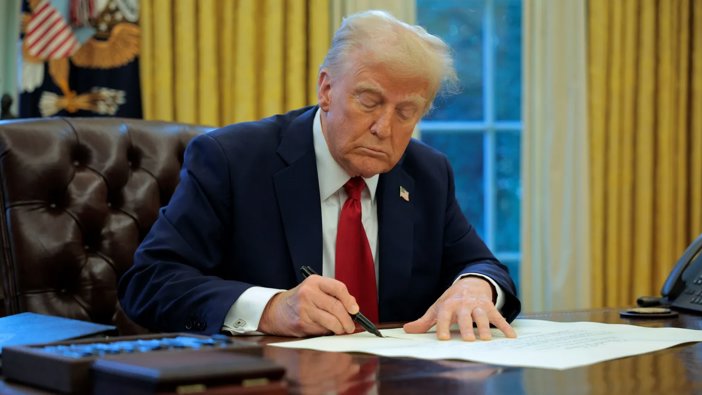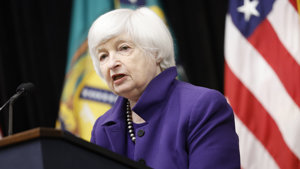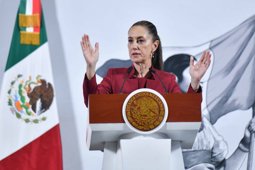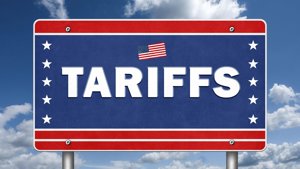
Trump Ends Union Rights for Security Workers
President Donald Trump has signed an executive order that eliminates collective bargaining rights for federal employees whose duties involve national security. The sweeping measure, announced by the White House, impacts workers across various federal agencies, including the Department of State, Department of Defense (DoD), Department of Justice (DoJ), and Department of Health.
The administration justified the move by stating that the President requires a “responsive and accountable civil service” to safeguard national security. A fact sheet released by the White House emphasized the need for operational flexibility and reduced bureaucratic constraints when dealing with sensitive security-related tasks.
Under the new order, affected employees will no longer be represented by unions in negotiations over working conditions, grievances, or disciplinary matters. The change is expected to affect thousands of workers whose responsibilities are deemed critical to national defense or public safety.
The executive order has drawn sharp criticism from labor unions and public employee advocates. Everett Kelly, President of the American Federation of Government Employees (AFGE), condemned the decision as a “disgraceful and retaliatory attack” on civil servants. Kelly highlighted that nearly one-third of those impacted are military veterans and asserted that the administration's move targets unionized workers for standing up against harmful policies.
“This is a disgraceful and retaliatory attack on the rights of hundreds of thousands of patriotic American civil servants—nearly one-third of whom are veterans—simply because they are members of a union that stands up to his harmful policies,” Kelly said in a statement.
The executive order is part of a broader effort by the Trump administration to reform the federal workforce by increasing managerial discretion and reducing union influence. Supporters argue that such measures will lead to greater efficiency and accountability in federal operations, especially in areas tied to national security. Opponents argue the decision undermines workplace protections and erodes long-standing labor rights.
Legal experts expect the executive order to face court challenges in the coming weeks, with unions likely to argue that it violates collective bargaining laws and workers' constitutional rights. Until then, agencies are expected to begin implementing changes in coordination with the Office of Personnel Management and other relevant departments.






